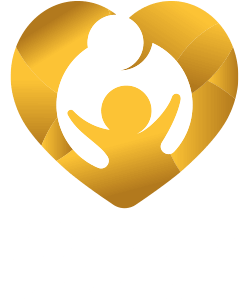In the heart of San Bernardino, California, there lies a beacon of hope and transformation for the BIPOC community: the Akoma Unity Center. While the organization is renowned for its educational and economic empowerment initiatives, one of its most profound impacts lies in its commitment to holistic healing. This article delves into the essence of holistic healing as championed by the Akoma Unity Center and its significance in the BIPOC community.
What is Holistic Healing?
Holistic healing is an approach to well-being that considers the whole person – body, mind, spirit, and emotions – in the quest for optimal health and wellness. It believes that if one part of the body is not working properly, all the other parts will be affected. Hence, if people have imbalances in their lives, it can negatively affect their overall health.
The Akoma Perspective
At the Akoma Unity Center, holistic healing is not just a method; it’s a way of life. The organization recognizes the unique challenges faced by historically excluded communities of Black, Indigenous, and People of Color. From systemic discrimination to economic disparities, these challenges often manifest as emotional and physical ailments.

To address this, Akoma has woven holistic healing into the very fabric of its programs. Whether it’s through community yoga sessions, mental health workshops, or cultural enrichment programs, the center ensures that every individual is seen, heard, and healed in a manner that respects their unique journey and experiences.
Why Holistic Healing Matters
For the BIPOC community, the journey to healing is often fraught with obstacles. Historical traumas, ongoing discrimination, and societal pressures can take a toll on mental and physical health. By adopting a holistic approach, Akoma Unity Center ensures that healing is not just about treating symptoms but addressing the root causes of distress.
Moreover, in a society that often compartmentalizes health, Akoma’s approach is a refreshing reminder that our well-being is interconnected. Our mental health influences our physical health, our spiritual well-being affects our emotional state, and so on.
Success Stories
The true testament to Akoma’s holistic healing approach lies in the stories of its community members. Take, for instance, Maya, a single mother of two. Struggling with depression and financial instability, she found solace in Akoma’s programs. From participating in mental health workshops to joining community gardening sessions, she not only found healing but also a sense of purpose and community.
Or consider Jamal, a young man grappling with identity issues and societal pressures. Through Akoma’s cultural enrichment programs, he discovered his roots, embraced his identity, and learned the importance of self-love and acceptance.
Conclusion
The Akoma Unity Center’s commitment to holistic healing is a beacon of hope for many in the BIPOC community. By recognizing the interconnectedness of our well-being and addressing the unique challenges faced by historically excluded communities, Akoma is not just healing individuals; it’s transforming an entire community. In the words of the organization itself, it’s about “educating, healing, and transforming” – and they’re doing it the Akoma way.

